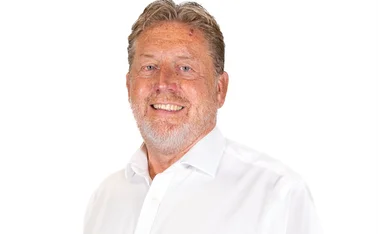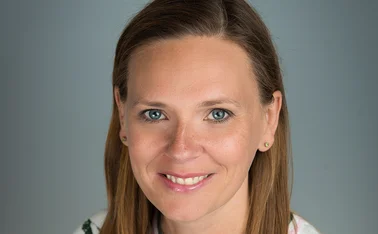
Blog: Uberisation of claims would be detrimental to customers in surge scenarios

Clive Nicholls, UK & Ireland CEO at Crawford & Company, disagrees loss adjusting will soon be disrupted by the 'gig economy'. He argues the industry cannot rely on freelancers to carry out claims surveys in surge scenarios.
We live in a world where the buzzword of fintech is challenging established business practices on a daily basis. With this in mind, it will not be long before loss adjusting becomes the subject du jour, with low value personal lines claims most likely deemed the area of our business that is ripest for ‘uberisation'.
I can certainly understand the groundswell of support in favour of new technology, particularly when applications like the aforementioned taxi service seem, on the surface, to offer so much promise.
Loss adjusters support all types of innovation that use technology to put customers right at the middle of a claim. Indeed, many organisations in the sector are developing and rolling out solutions and applications which do this.
However, before I venture further, it's worth returning to the topic of hailing a cab with your phone and the importance of one key difference. Aside from being able to prove your ability to pay for a taxi, an Uber-licenced driver will pick you up without condition. This differs from an insurance policy which pays a claim on condition that a number of contractual elements are being met.
The skills we have as adjusters have a key role to play as customers take more control over the claims process.
It is no surprise that we're not quite there yet, but I don't believe it will be long before adjusters in the UK are able to apply their essential technical skill to a process that is directed by a customer who, for instance, sees their personal icon flashing at the centre of a piece of geolocation software.
Crawford's specialism has always been organisation of labour, so it makes sense that our experts can judge policy and quantum without having to visit a loss on every occasion. In the US and in Germany, we have established solutions which deliver real-time self-service for customers experiencing a claim, and we are looking to roll out variations on these innovations in the UK.
I'm optimistic that the skills we have as adjusters have a key role to play as customers take more control over the claims process. However, I do have some concerns that these solutions may only be appropriate in ‘peace-time' scenarios. The insurance industry must maintain its ability to call upon skilled resources when surge scenarios occur. Otherwise consumers may be left tapping an icon that doesn't respond with the appropriate solution.
Clive Nicholls
CEO UK & Ireland, Crawford & Company

Only users who have a paid subscription or are part of a corporate subscription are able to print or copy content.
To access these options, along with all other subscription benefits, please contact info@postonline.co.uk or view our subscription options here: https://subscriptions.postonline.co.uk/subscribe
You are currently unable to print this content. Please contact info@postonline.co.uk to find out more.
You are currently unable to copy this content. Please contact info@postonline.co.uk to find out more.
Copyright Infopro Digital Limited. All rights reserved.
As outlined in our terms and conditions, https://www.infopro-digital.com/terms-and-conditions/subscriptions/ (point 2.4), printing is limited to a single copy.
If you would like to purchase additional rights please email info@postonline.co.uk
Copyright Infopro Digital Limited. All rights reserved.
You may share this content using our article tools. As outlined in our terms and conditions, https://www.infopro-digital.com/terms-and-conditions/subscriptions/ (clause 2.4), an Authorised User may only make one copy of the materials for their own personal use. You must also comply with the restrictions in clause 2.5.
If you would like to purchase additional rights please email info@postonline.co.uk







